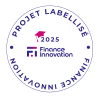Our impact
Regenerate agricultural and natural ecosystems
Capture carbon in soils for a sustainable future
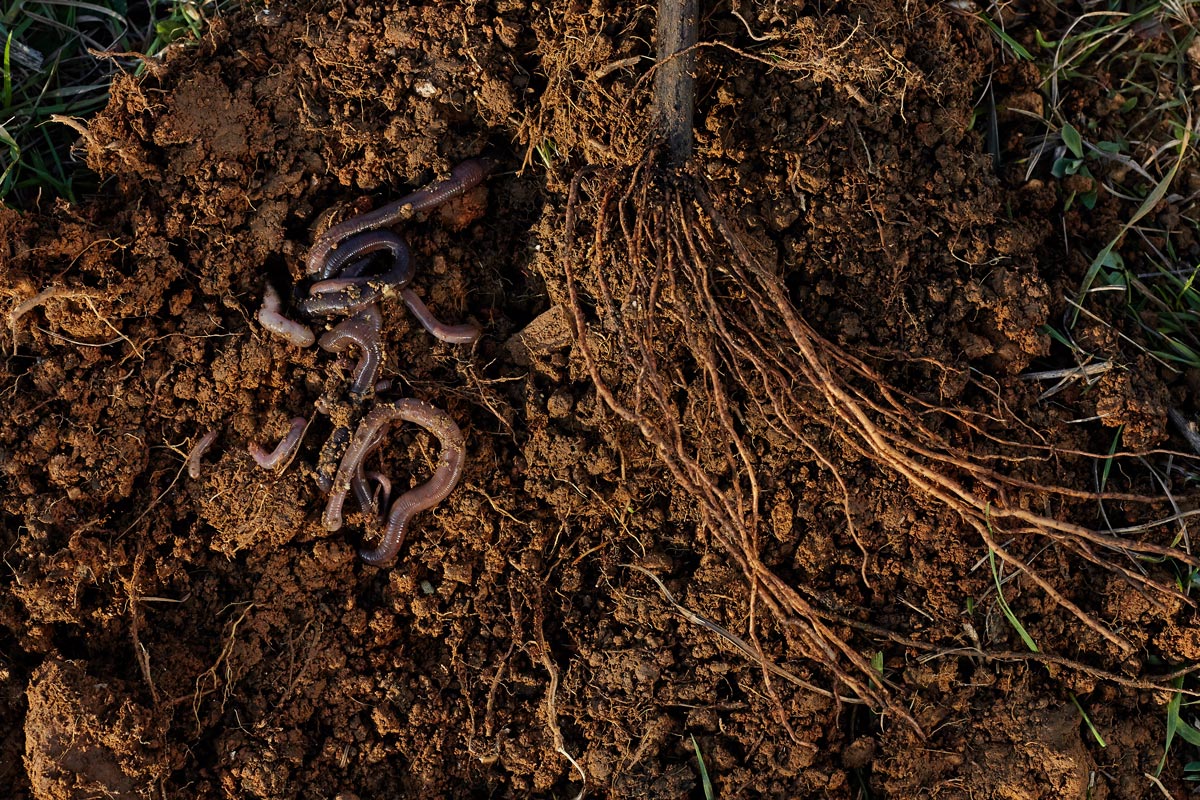
Our projects transform agricultural soils into carbon sinks through regenerative agriculture.
In collaboration with our dedicated farmers, we implement practices that sequester an average of 1.2 tons of CO₂ per hectare per year, according to our certified methodologies (VERRA Verified Carbon Standard – VM0042).
This approach not only contributes to fight against climate change but also strengthens the resilience of farms by improving soil health and biodiversity.
Our impact in KPIs
12
tons of CO2 captured per hectare in 10 years
8 millions
tons de CO2 captured in total in 20 years
3 000
farmers supported at the end of the programme
500 000
hectares regenerated at the end of the programme
A global impact on ecosystems
Biodiversity enrichment
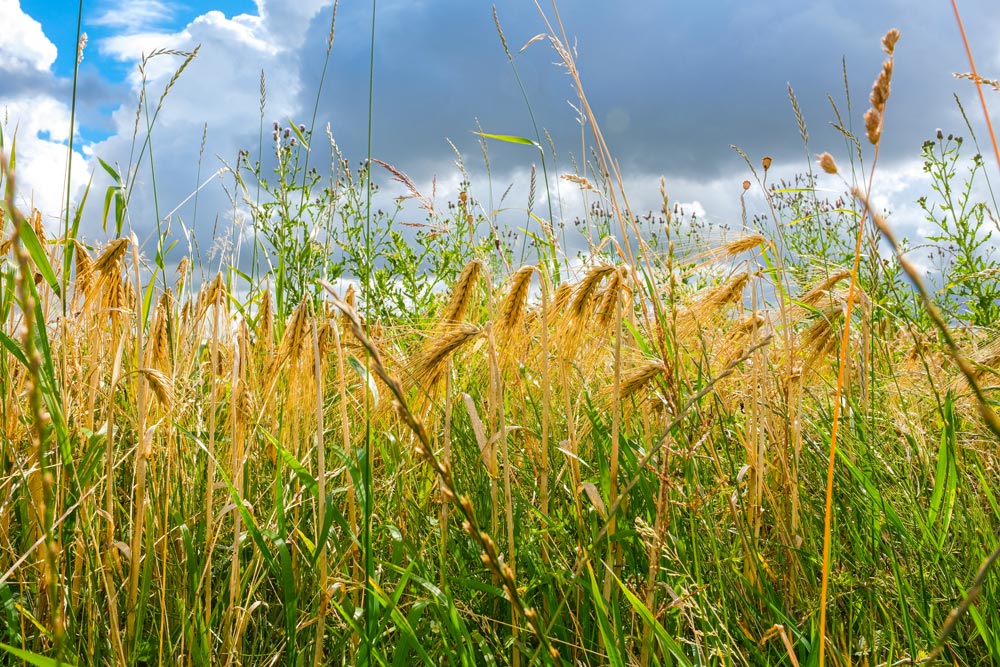
Nos projets d’agriculture régénératrice réintroduisent la diversité des espèces dans les écosystèmes agricoles en favorisant des pratiques qui restaurent les sols, les habitats et la biodiversité locale.
En régénérant les sols, mais aussi en réintroduisant des infrastructures agroécologiques sur les exploitations (haies, arbres, bandes fleuries), en diversifiant les cultures, nous créons un environnement propice au retour des insectes, oiseaux, et autres espèces essentielles pour la résilience des écosystèmes.
Our regenerative agriculture projects reintroduce species diversity into agricultural ecosystems by promoting practices that restore soils, habitats, and local biodiversity.
By regenerating soils, reintroducing agroecological infrastructures on farms (hedges, trees, flower strips), and diversifying crops, we create optimal conditions for the return of insects, birds, and other species vital to ecosystem resilience.
Water cycle improvement
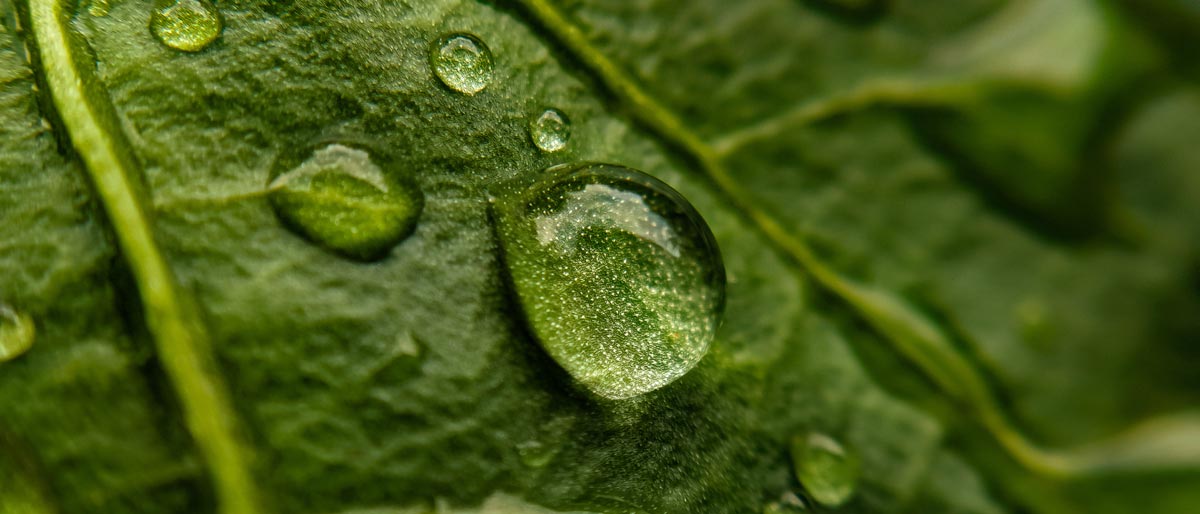
By implementing techniques that preserve soils and enhance their water retention capacity, we strengthen the natural water cycle.
Our projects improve water quality by prioritizing practices free of agrochemicals. They help soils absorb more water, reducing erosion and runoff while promoting better water resource management, even during droughts.
Our methodology for measuring water infiltration in agricultural soils is developed in partnership with the renowned French Research center INRAE and Water Agencies, supported by ADEME (French Environmental Agency) as part of the Innov’Eau / France 2030 initiative.
Healthy food and food sovereignty
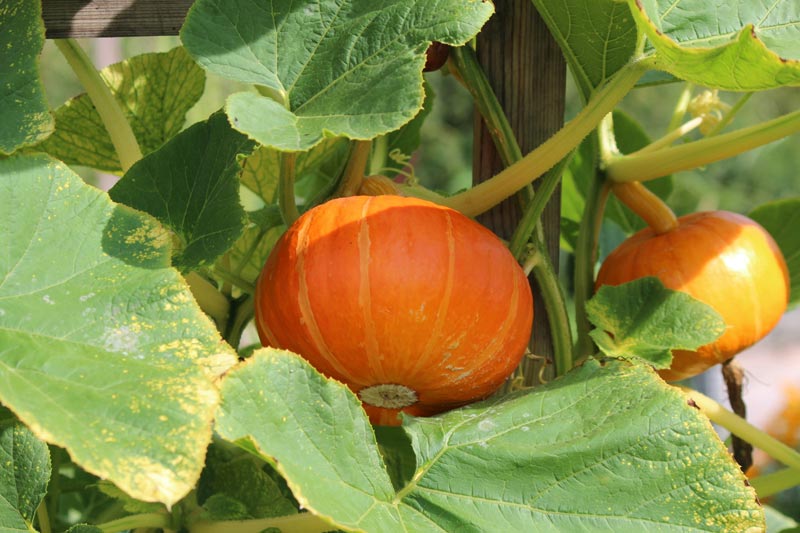
Improved ecological and economic resilience of farms
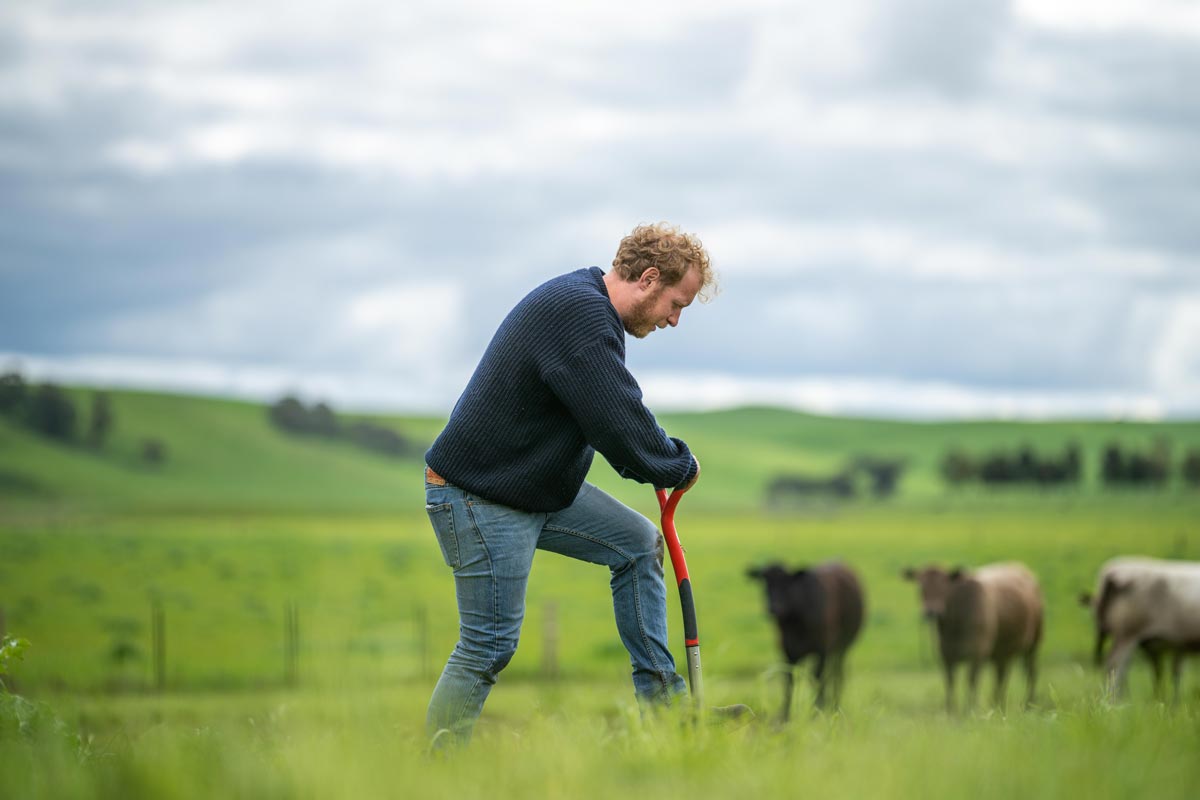
By diversifying crops and adopting sustainable practices, we help farms become more resilient to both climatic and economic uncertainties.
These practices not only enhance soil productivity but also stabilize farmers’ incomes and economic models over time, making them less vulnerable to market fluctuations, climate variability, and other uncertainties.




